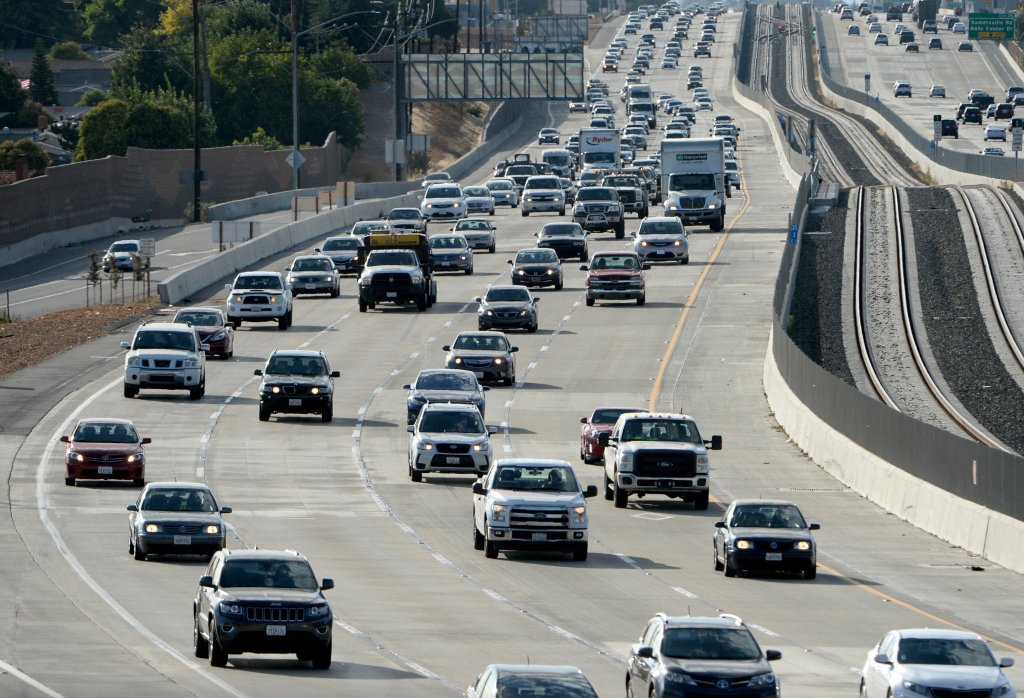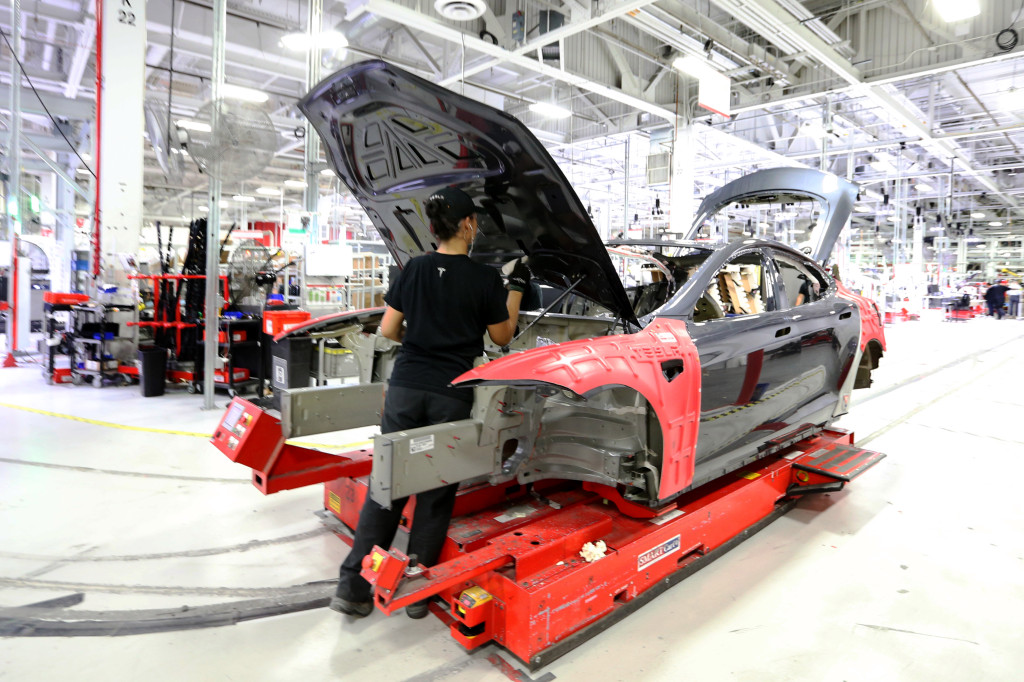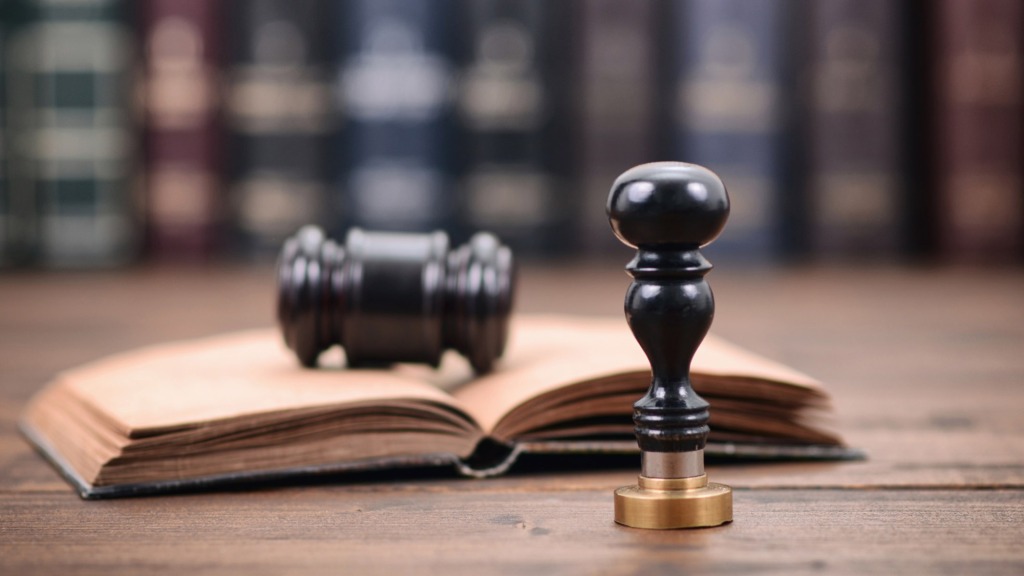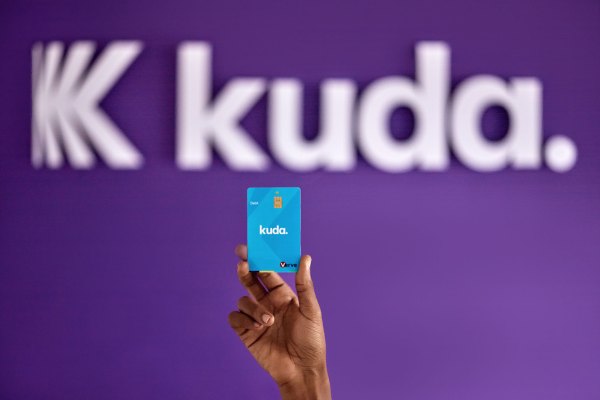By David Shepardson | Reuters
WASHINGTON – The U.S. Justice Department is investigating whether the decision of four automakers in July to reach a voluntary agreement with California to adopt state emissions standards violated antitrust law, people briefed on the matter said on Friday.
The antitrust division has sent a letter to the automakers indicating the Justice Department had opened a preliminary inquiry, the people said, and comes as the Trump administration has ramped up its opposition to automakers seeking to sidestep it on rolling back Obama-era fuel efficiency rules.
In July, Ford Motor Co, BMW AG, Volkswagen AG and Honda Motor Co said they had reached a deal to adopt standards that were lower than Obama-era rules but higher than the Trump administration’s 2018 proposal.
In doing so, the automakers are defying the Trump administration’s effort to strip the state of the right to fight climate change by setting its own standards. Automakers fear years of legal battles and want to ensure certainty over the requirements they will face nationwide.
The Justice Department declined to comment.
Ford said on Friday it had “received a letter from the Department of Justice and will cooperate with respect to any inquiry.” Honda said it was cooperating with the Justice Department. The probe is in its early stages, the people said.
On Friday, general counsels at the Environmental Protection Agency told California Air Resource Board Chair Mary Nichols in a letter that its actions in connection with the voluntary agreement “appear to be unlawful and invalid.”
The letter, copies of which were also sent to the automakers’ chief executives, warned that commitments made by the automakers “may result in legal consequences given the limits placed in federal law on California’s authority.”
Nichols did not immediately respond to a request for comment. California Attorney General Xavier Becerra said the state “will continue its advance toward a cleaner future. We’re prepared to defend the standards that make that promise a reality.”
Public Citizen, an advocacy group, called the investigation “blatantly retaliatory” and suggested the Trump administration is “hell-bent on repealing the clean car standards.”
Trump has repeatedly attacked automakers for working with California and the White House has prodded other automakers not to sign up.
Volkswagen said in a statement it is in regular contact with U.S. authorities on several matters, but does not comment on specific private communications.
BMW did not immediately respond to a request for comment.
On Thursday, Reuters reported the administration was moving forward with plans to strip California of its waiver under the Clean Air Act to set its own vehicle emissions rules and requiring a rising number of zero emission vehicles.
Acting Office and Management Budget Director Russ Vought said in a statement “a handful of irresponsible auto makers are aiding California’s radical agenda that will hurt every one of us.”
The Obama-era rules called for a fleetwide fuel efficiency average of 46.7 miles per gallon by 2026, compared with 37 mpg under the Trump administration’s preferred option. The final regulation will modestly boost fuel efficiency over the preferred option’s freeze of 2020 requirements but be far less than the Obama rules, Reuters reported on Thursday.
The Trump plan’s preferred alternative would hike U.S. oil consumption by about 500,000 barrels per day in the 2030s while reducing automakers’ collective regulatory costs by more than $300 billion.










